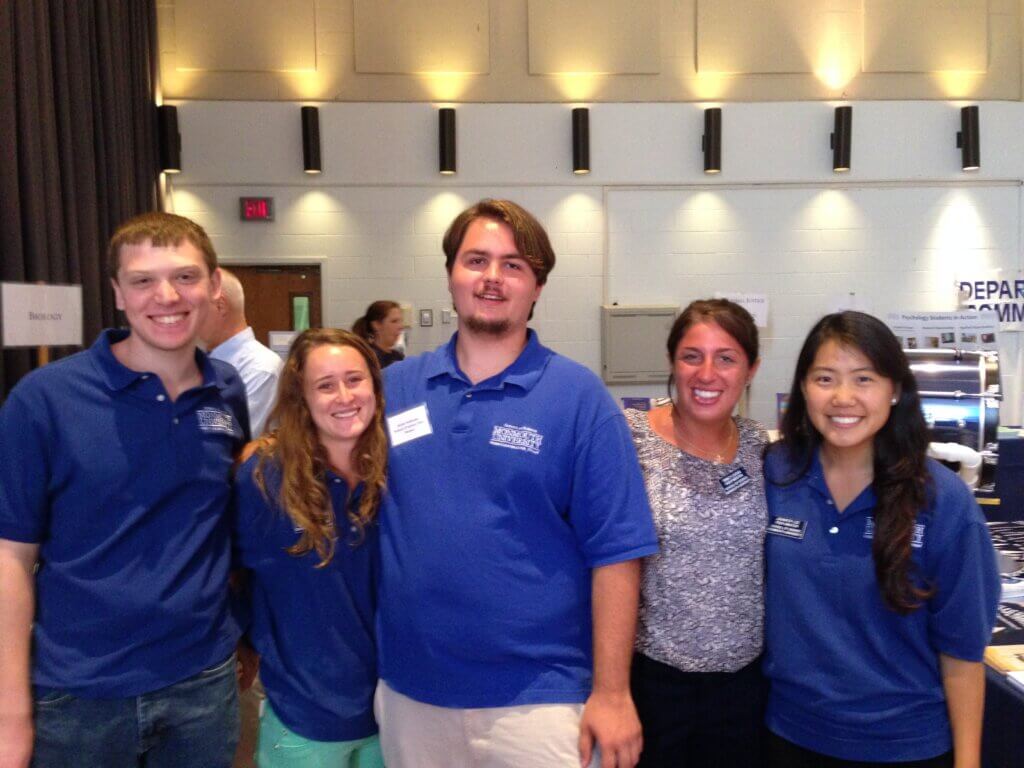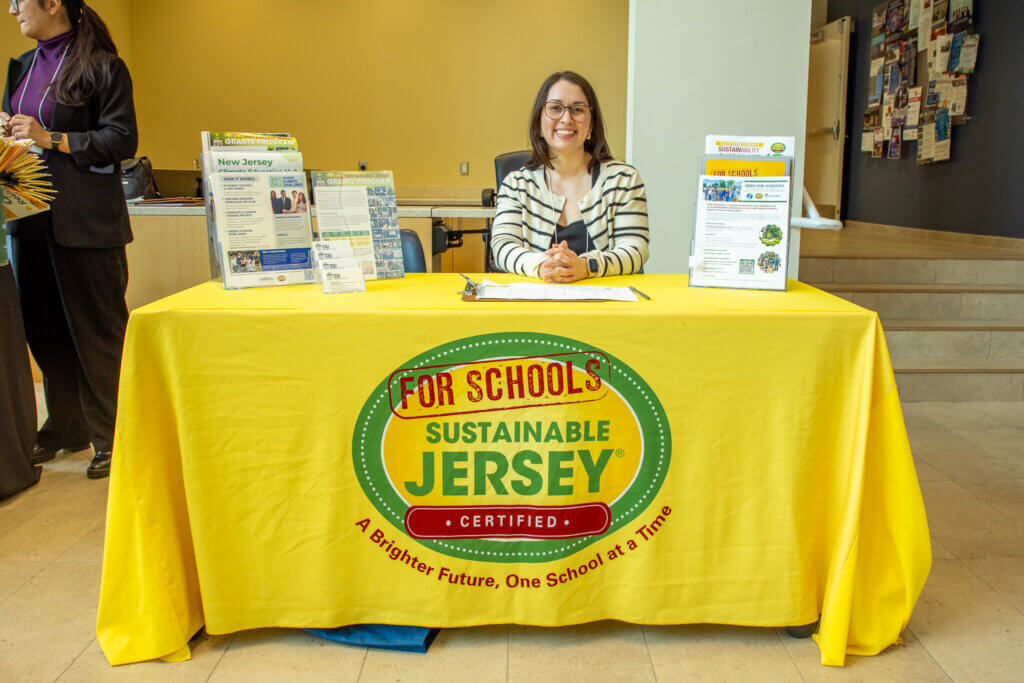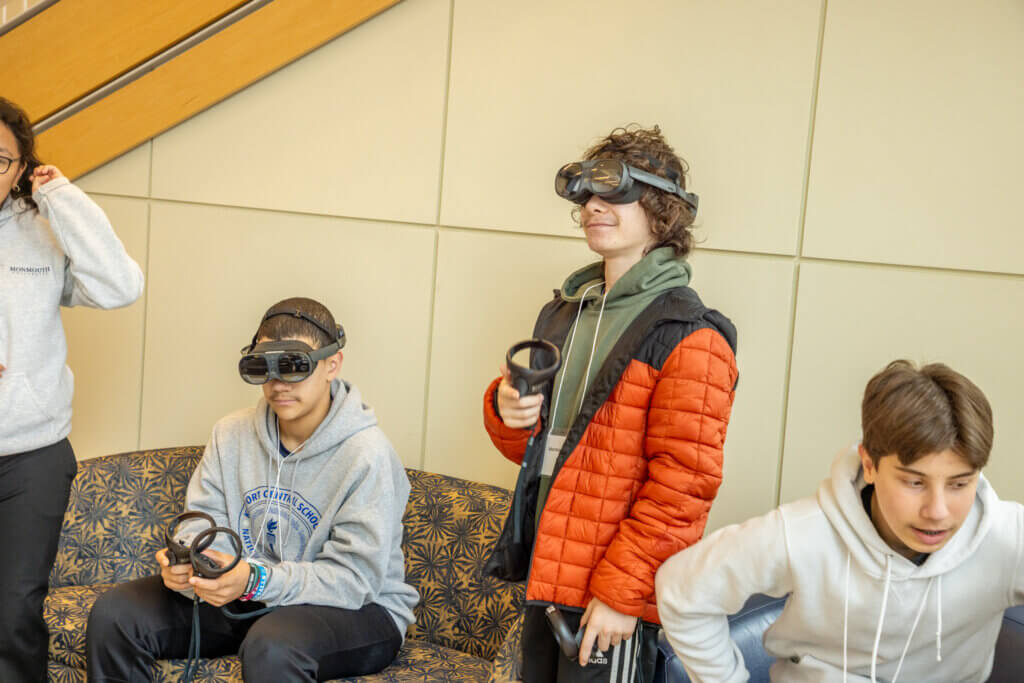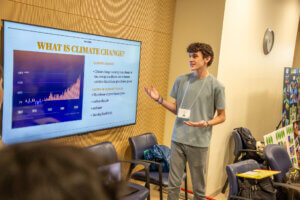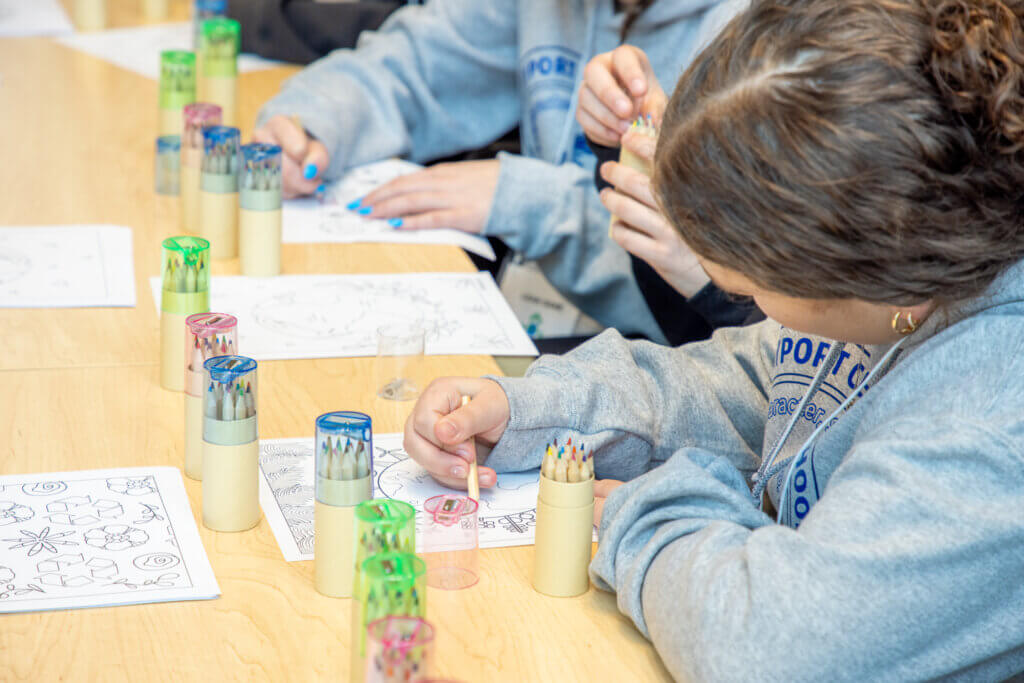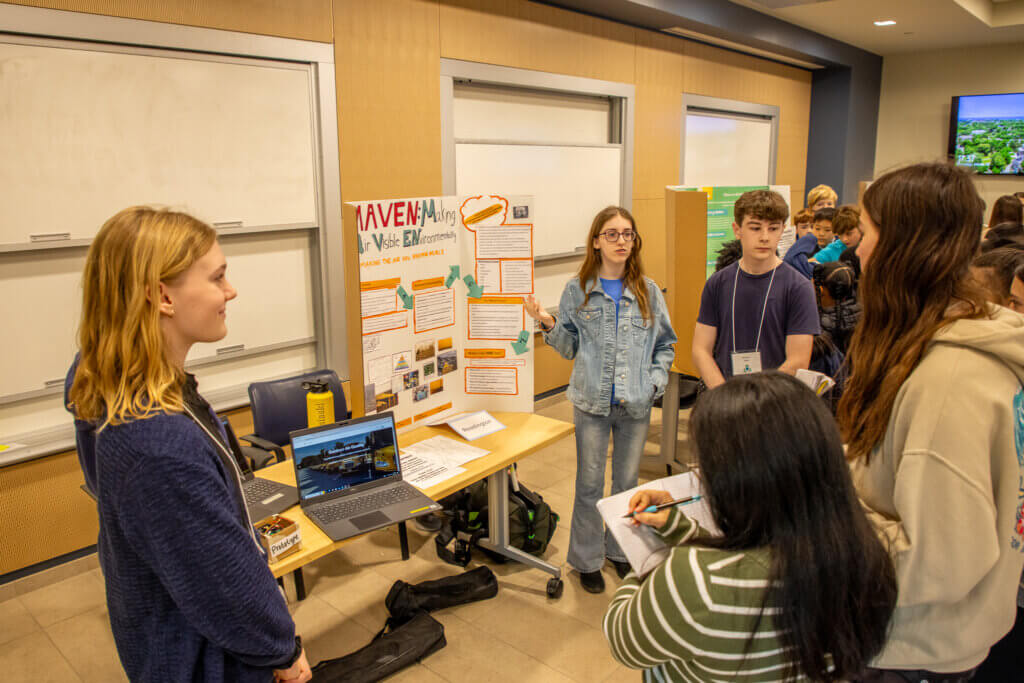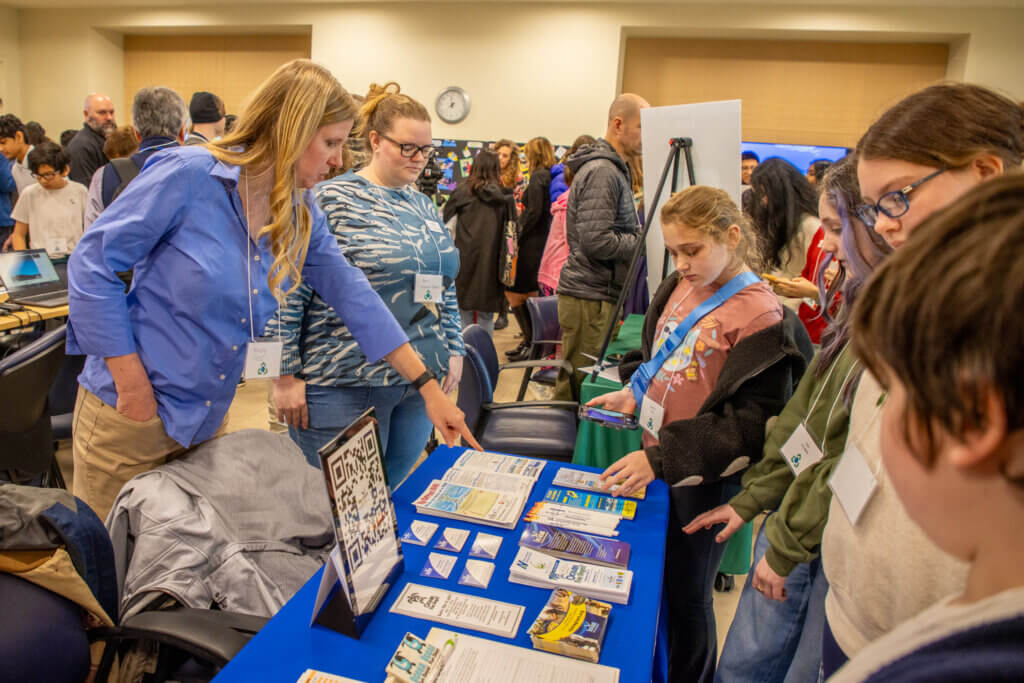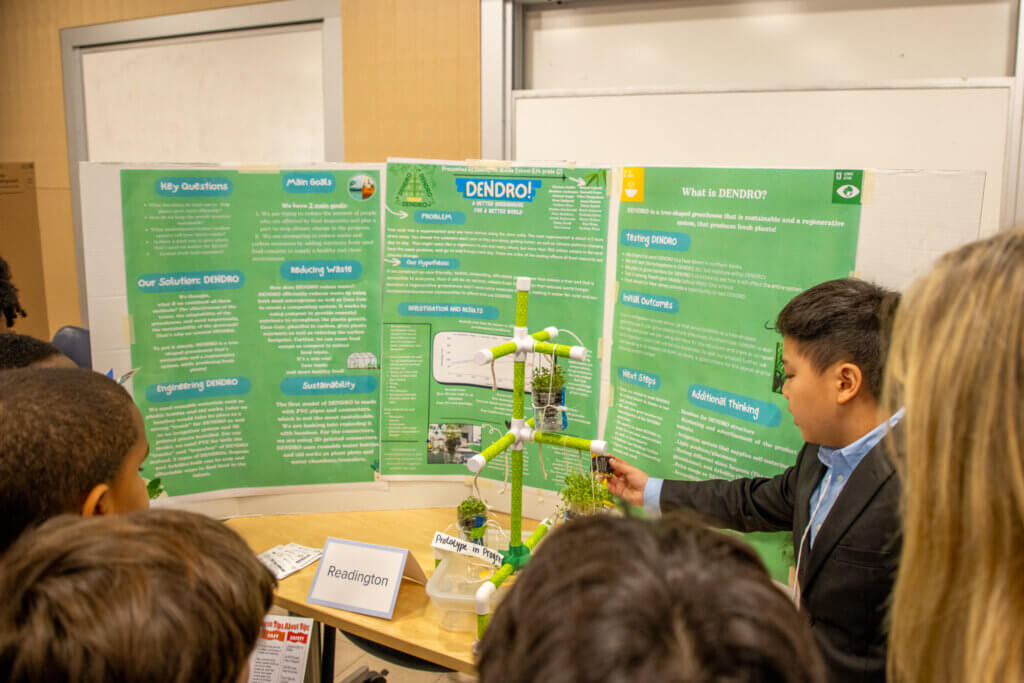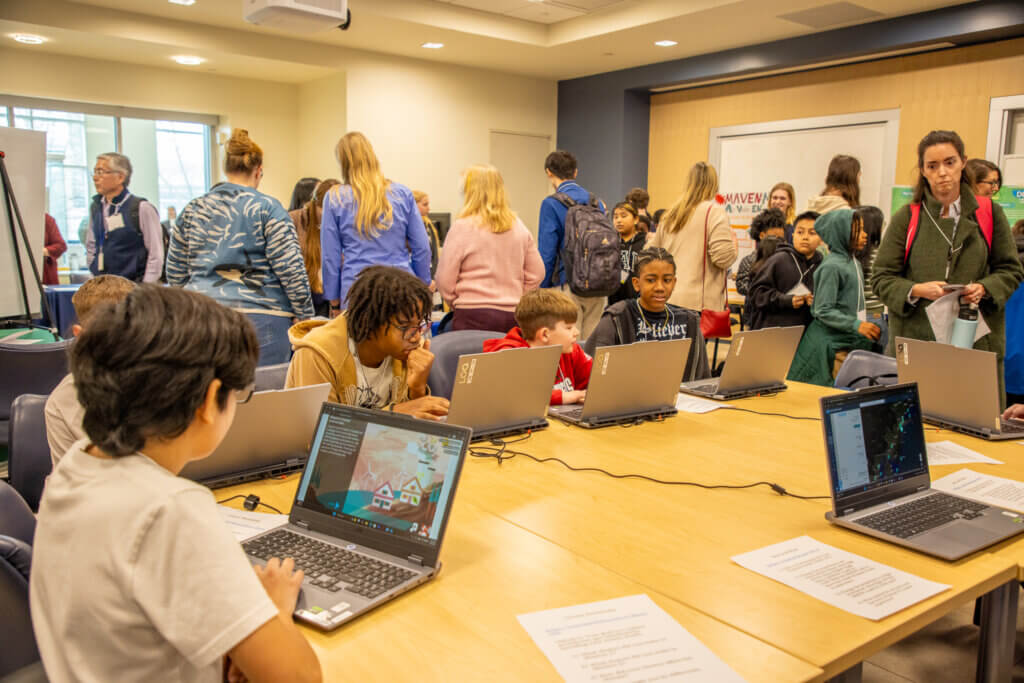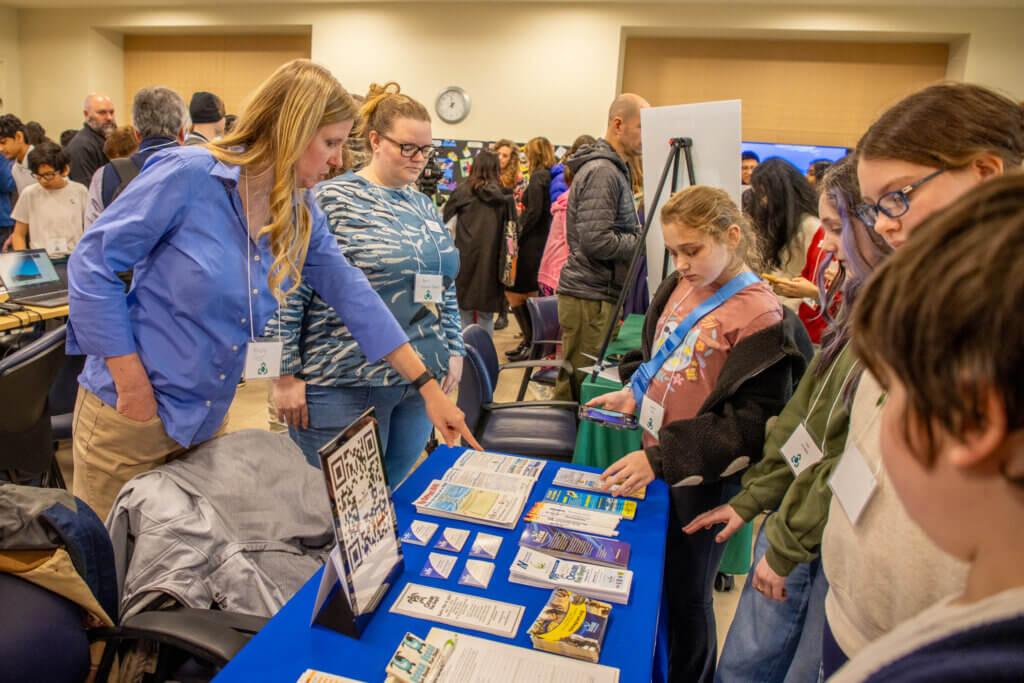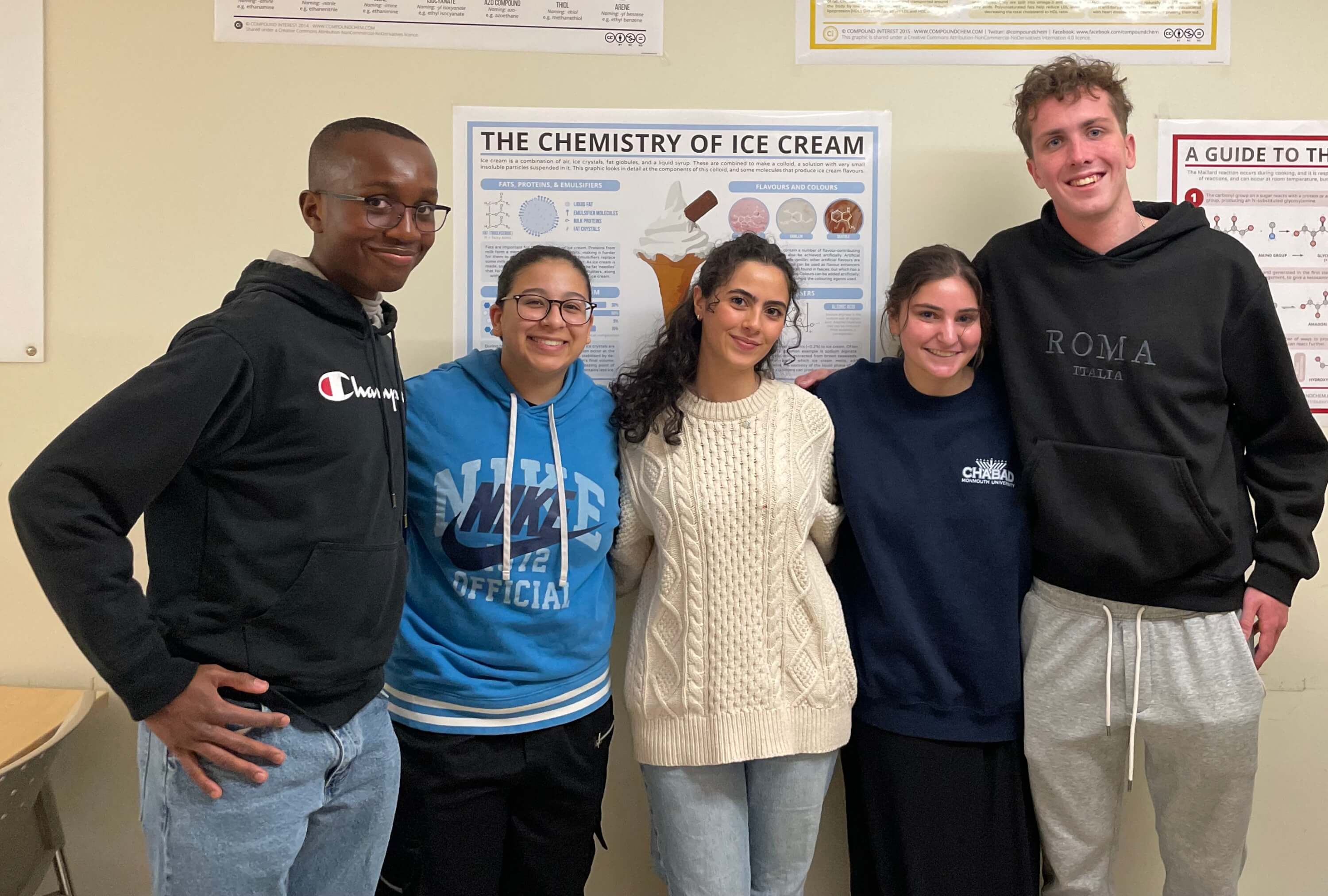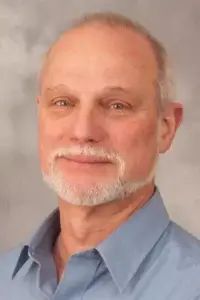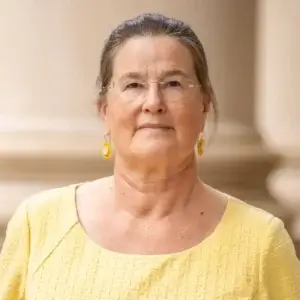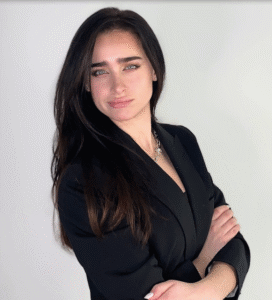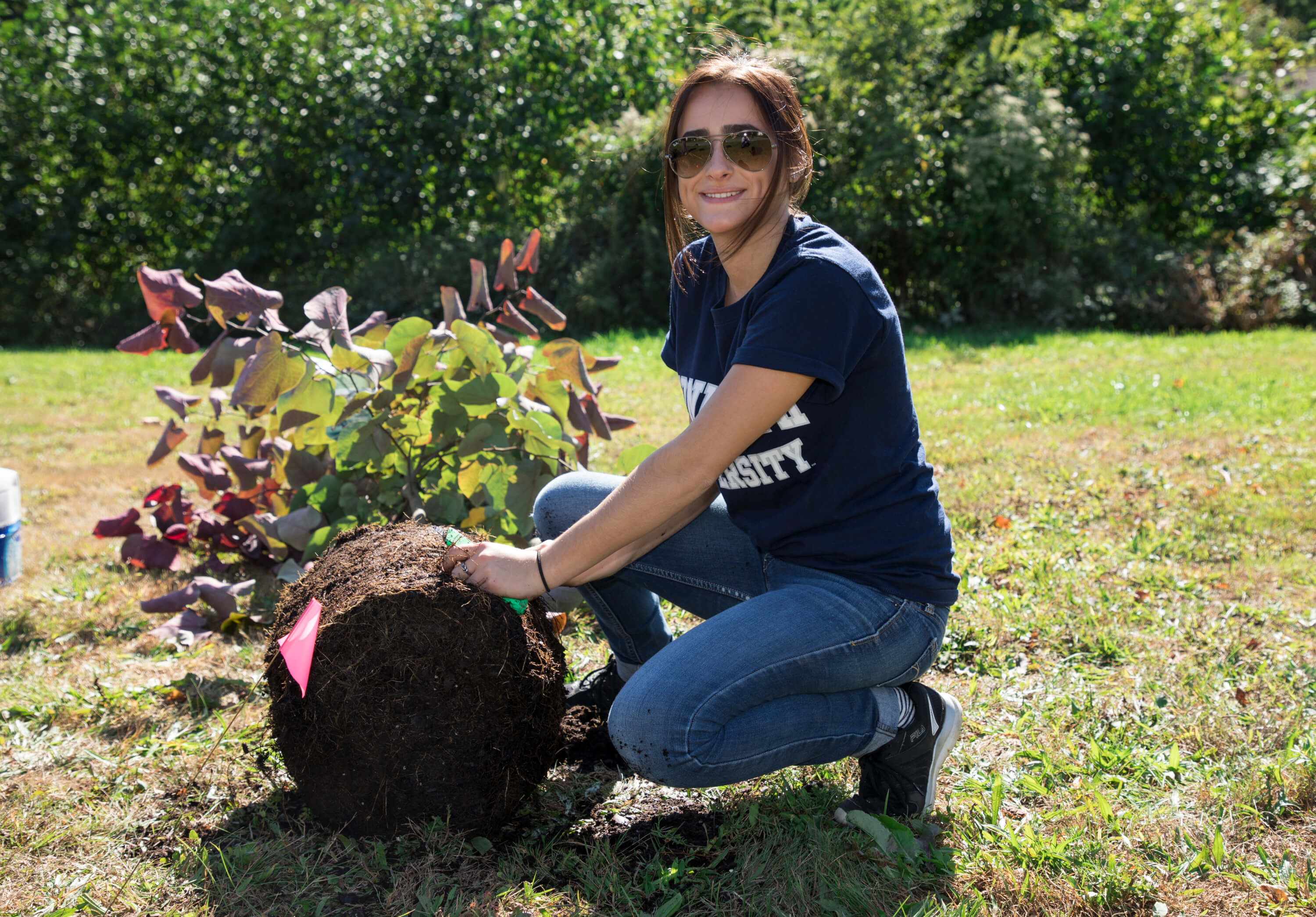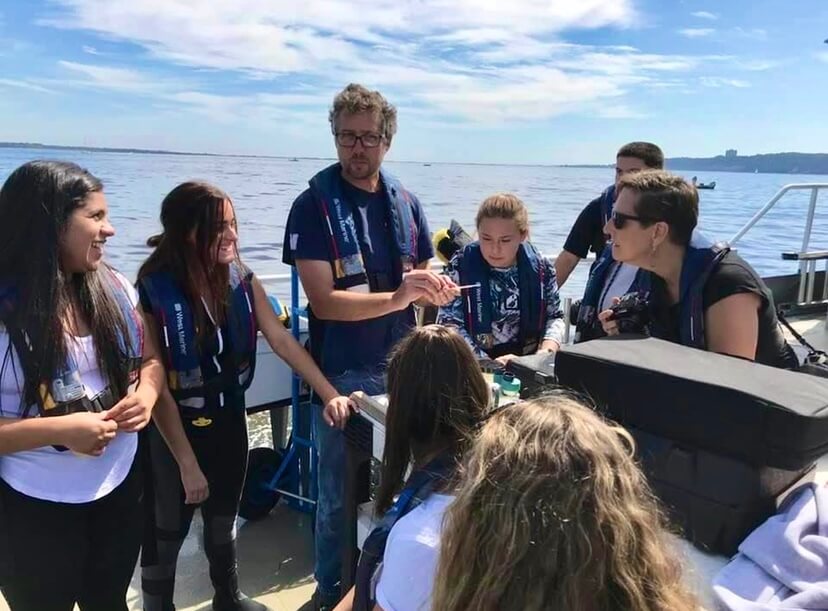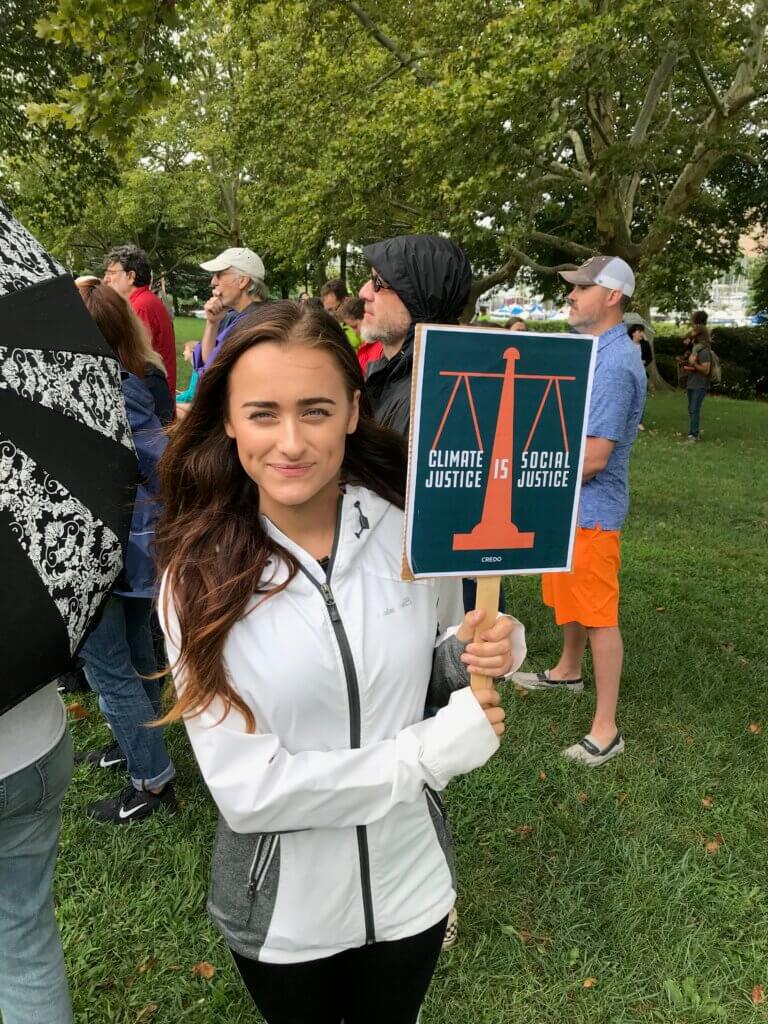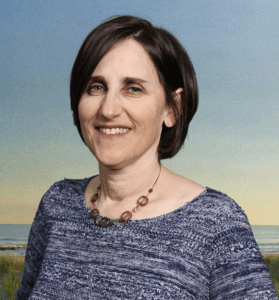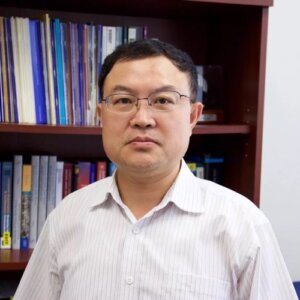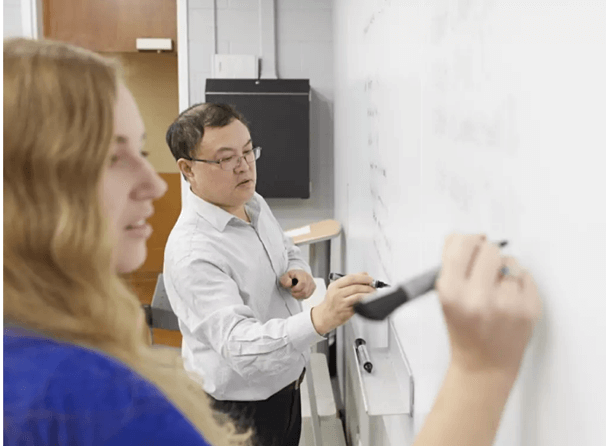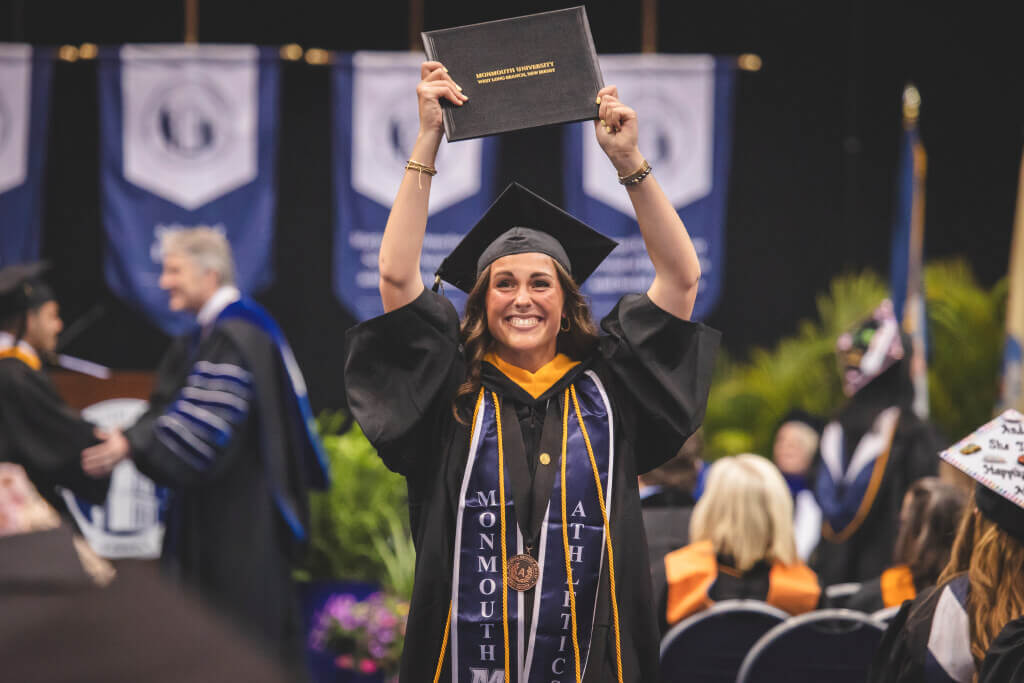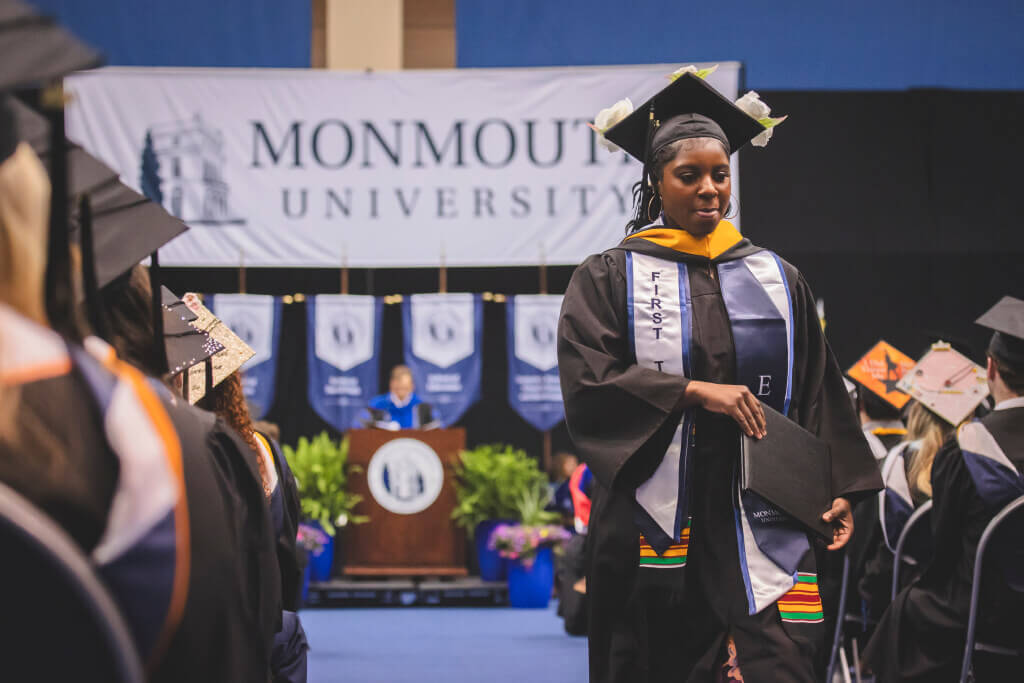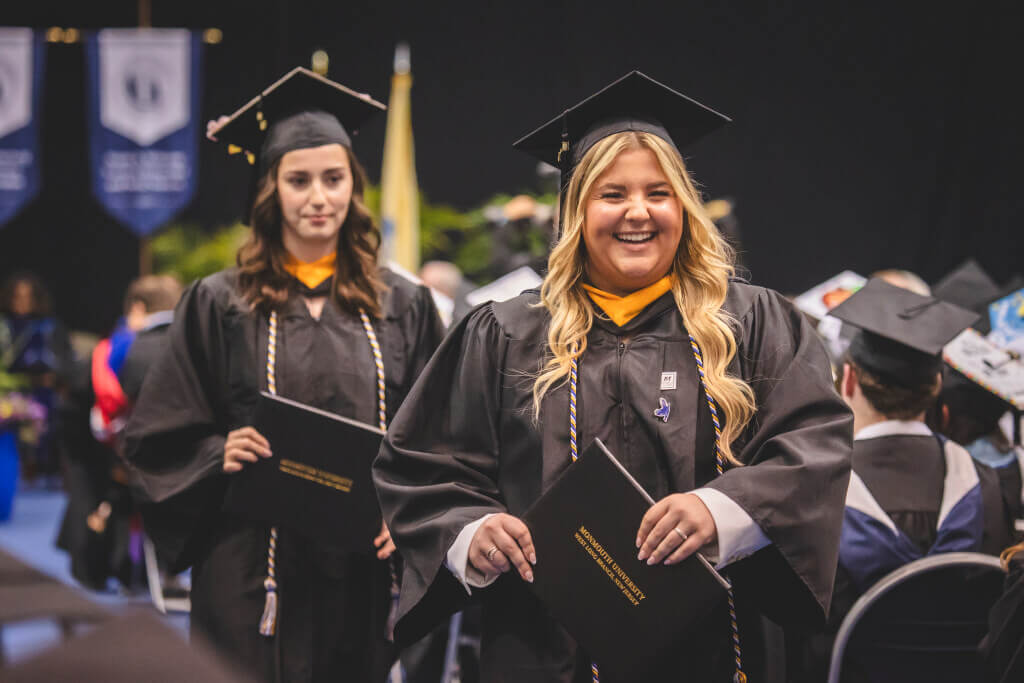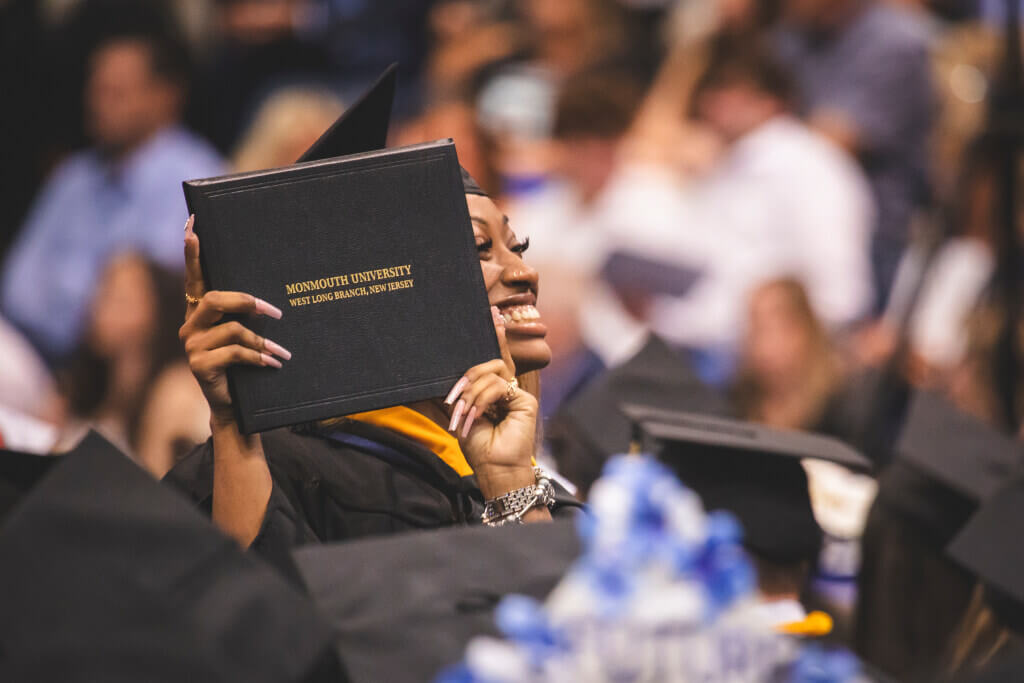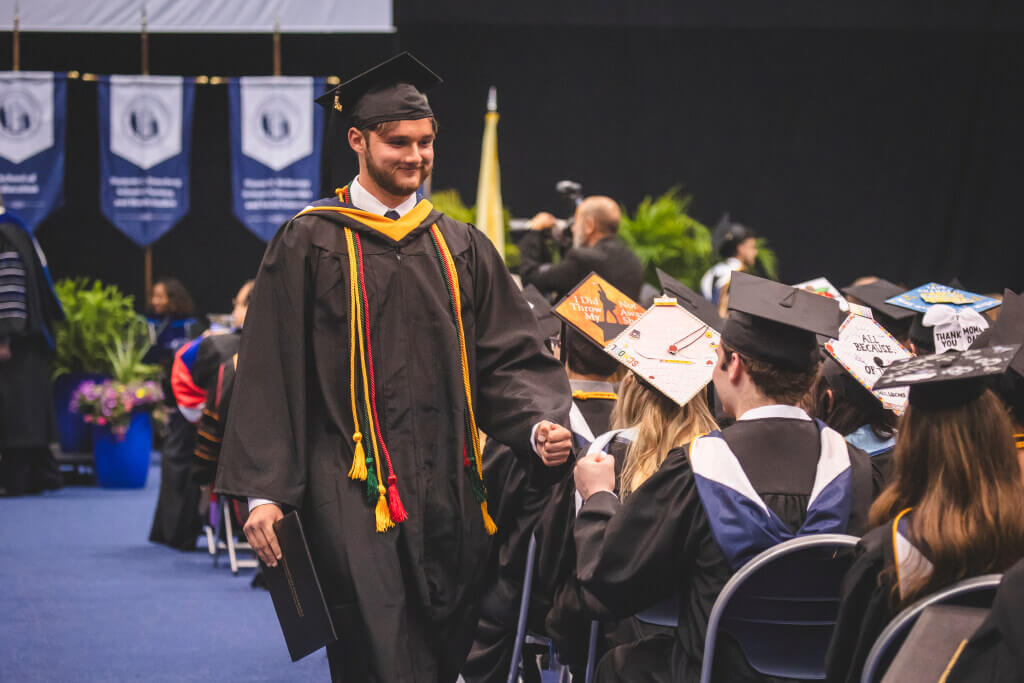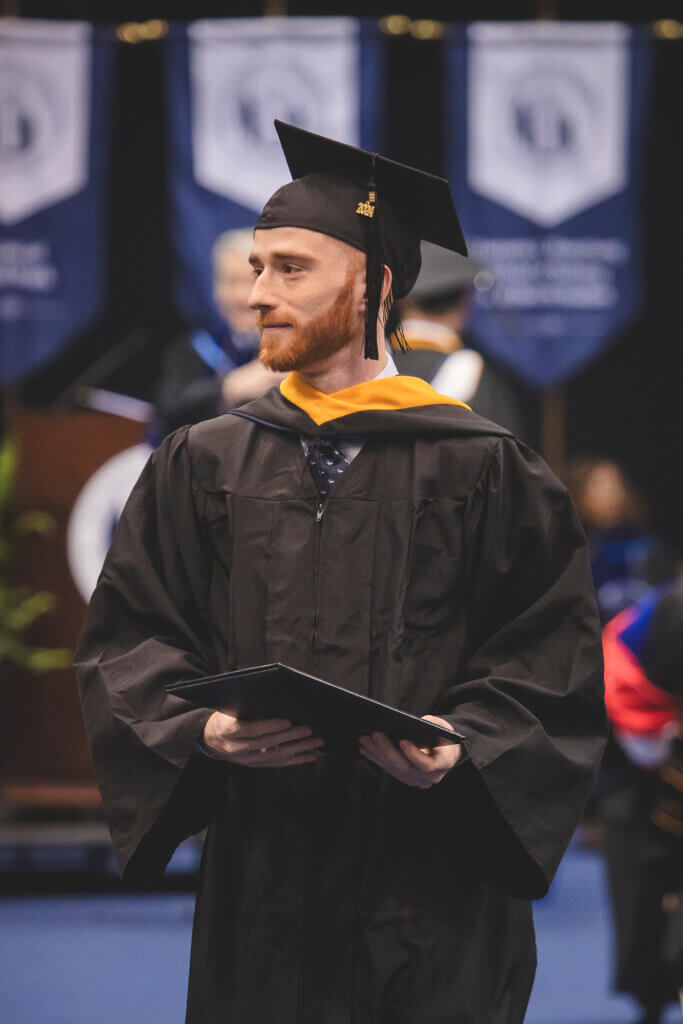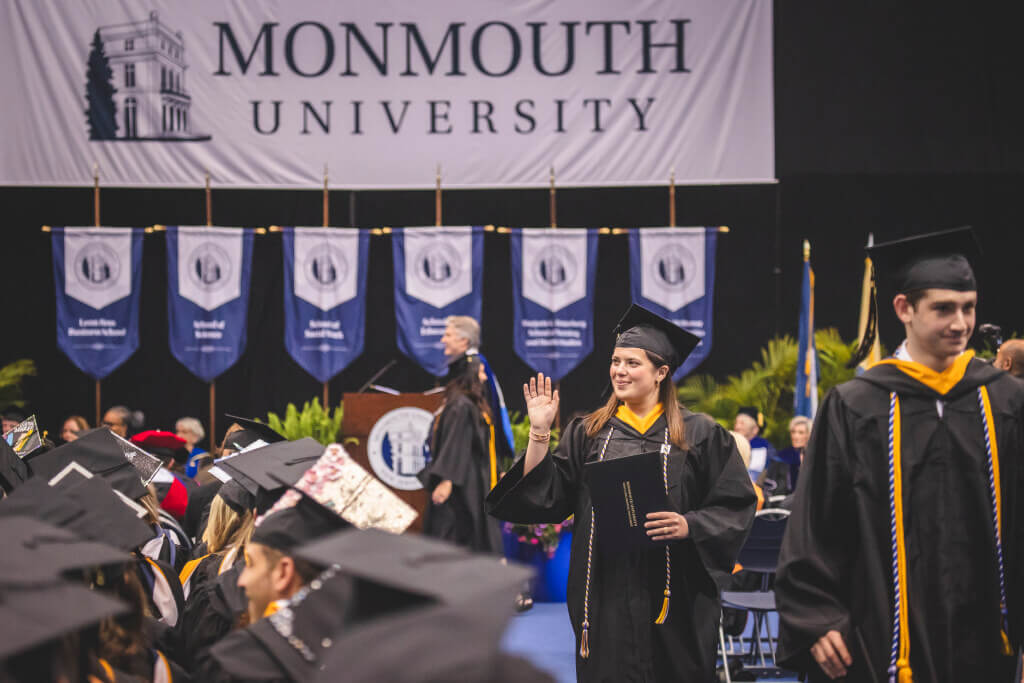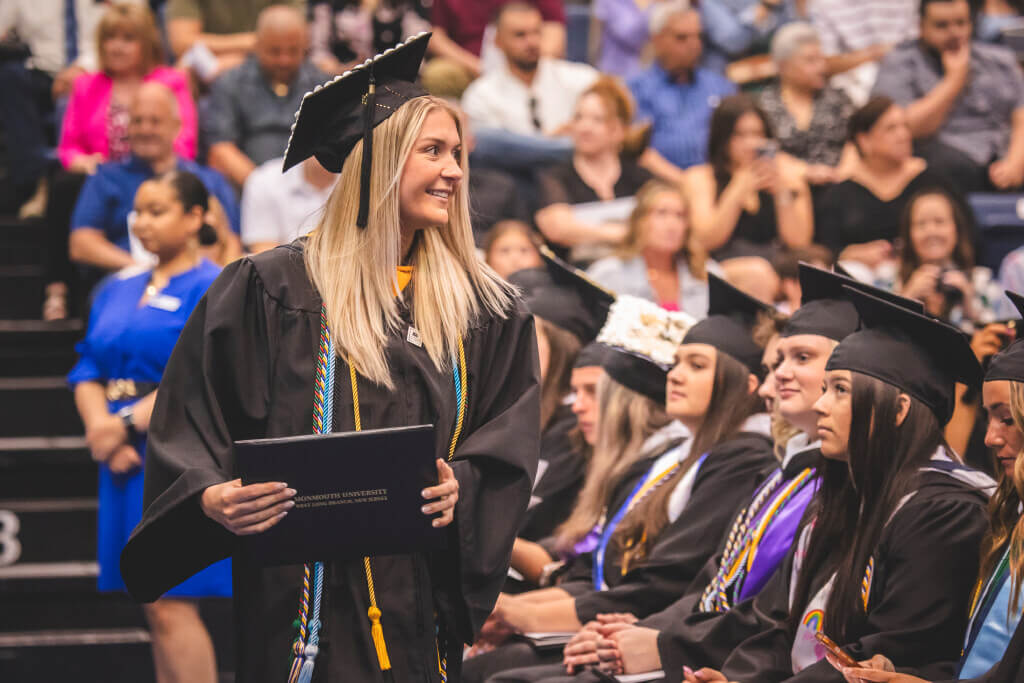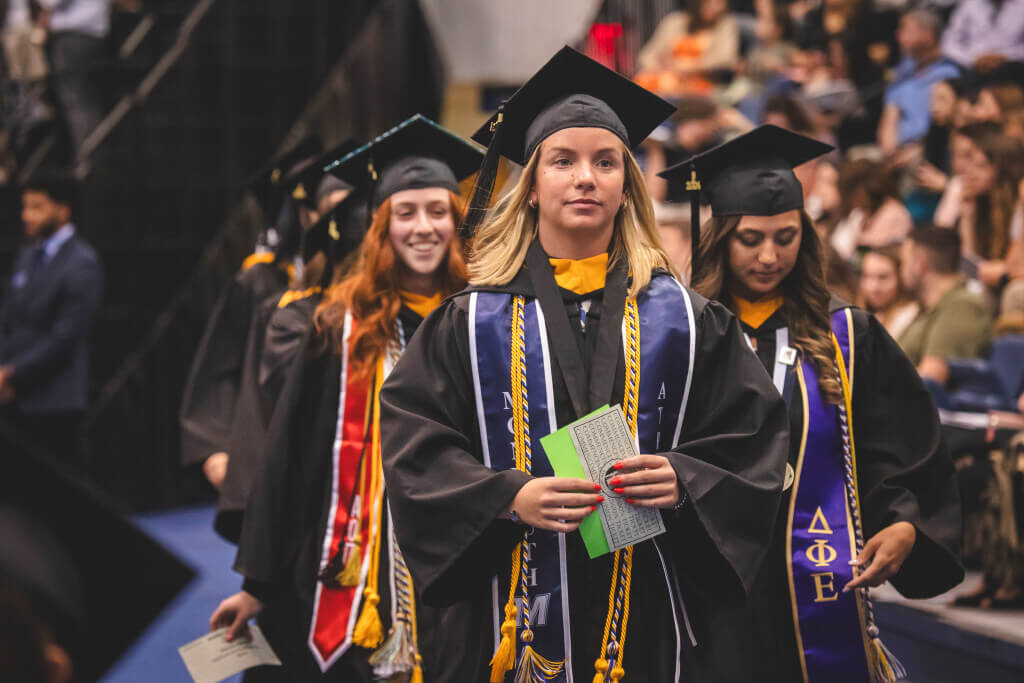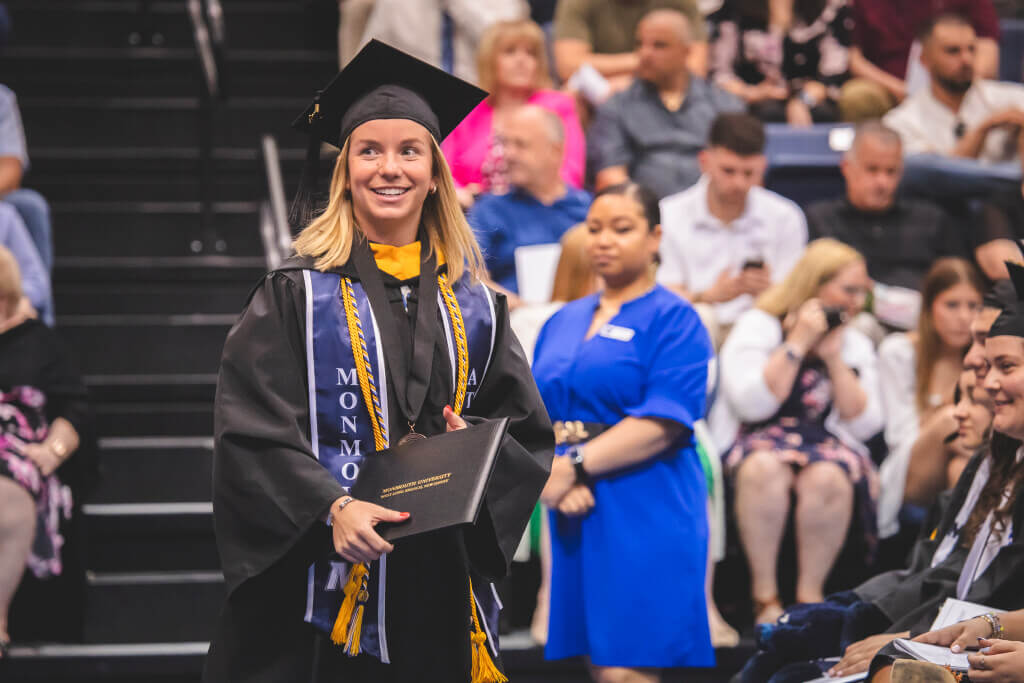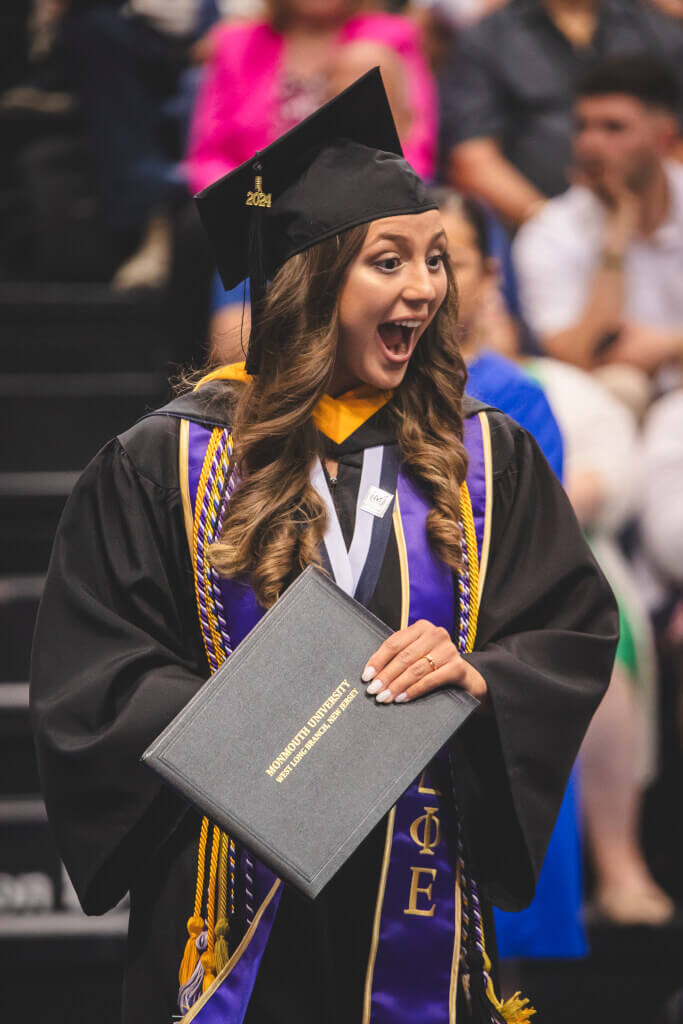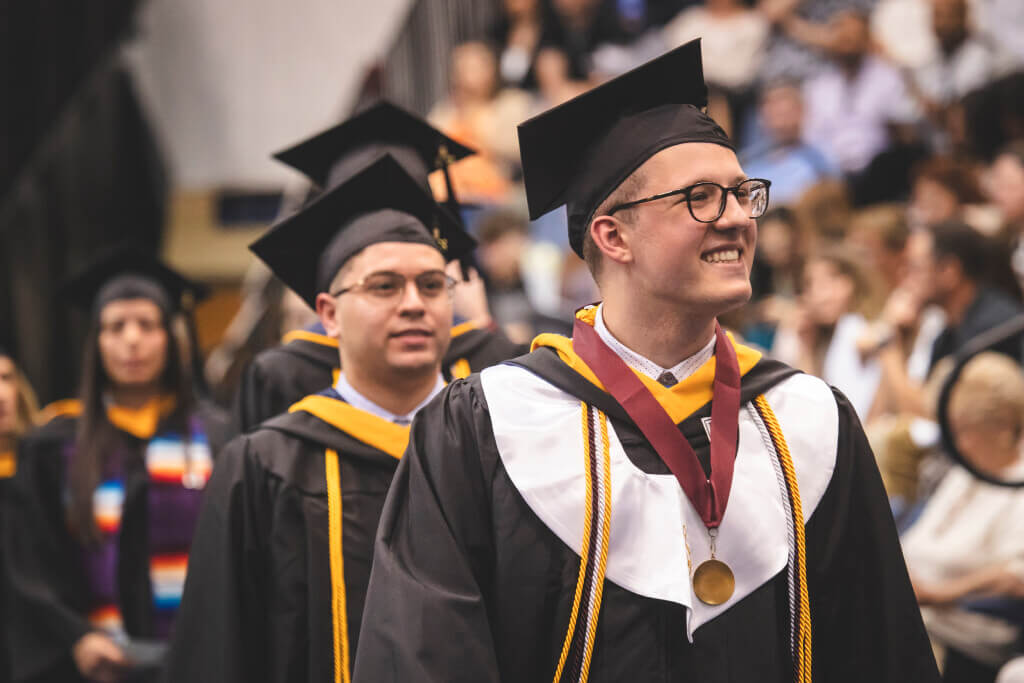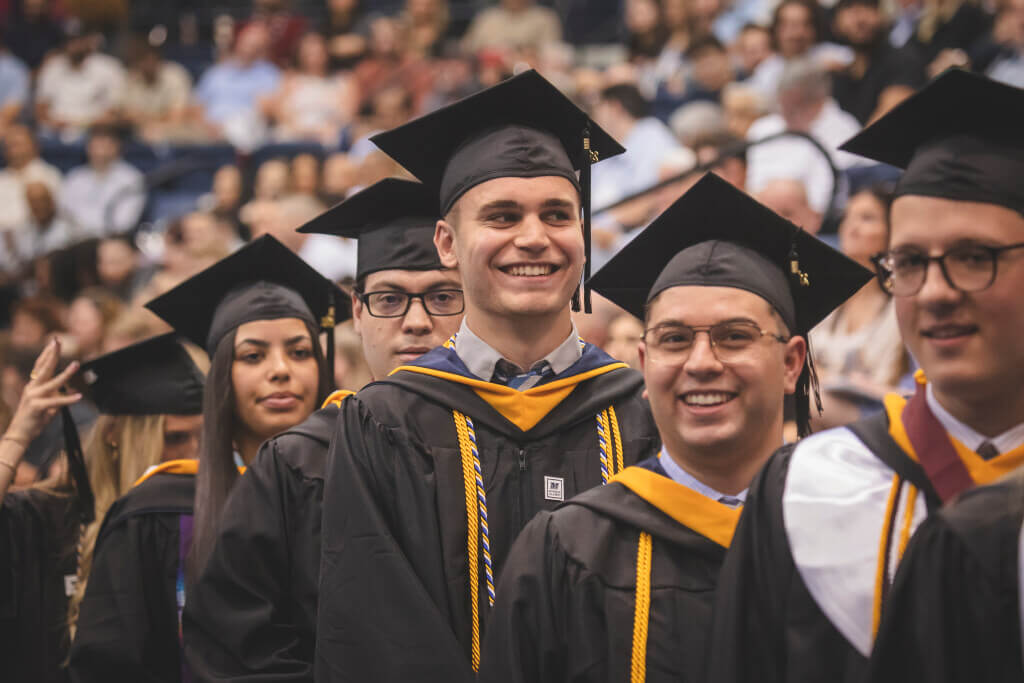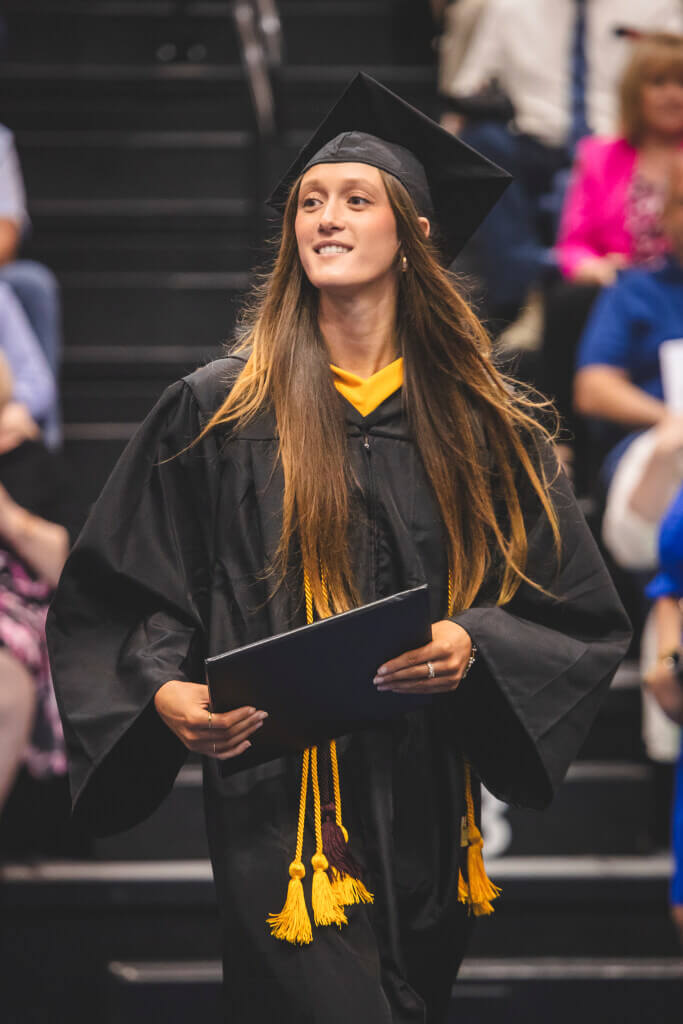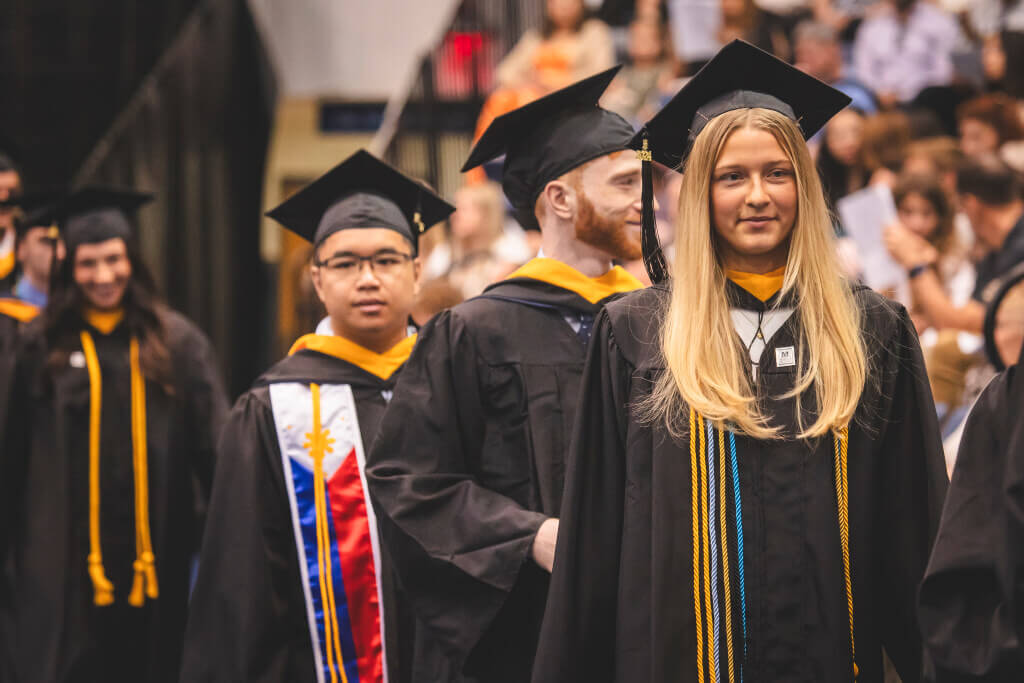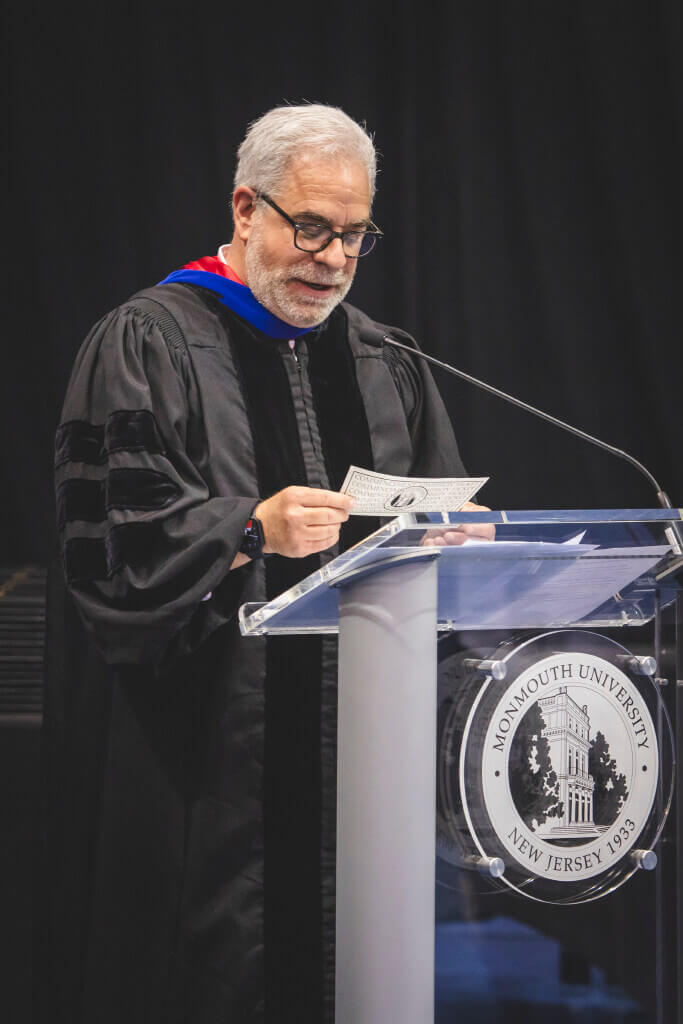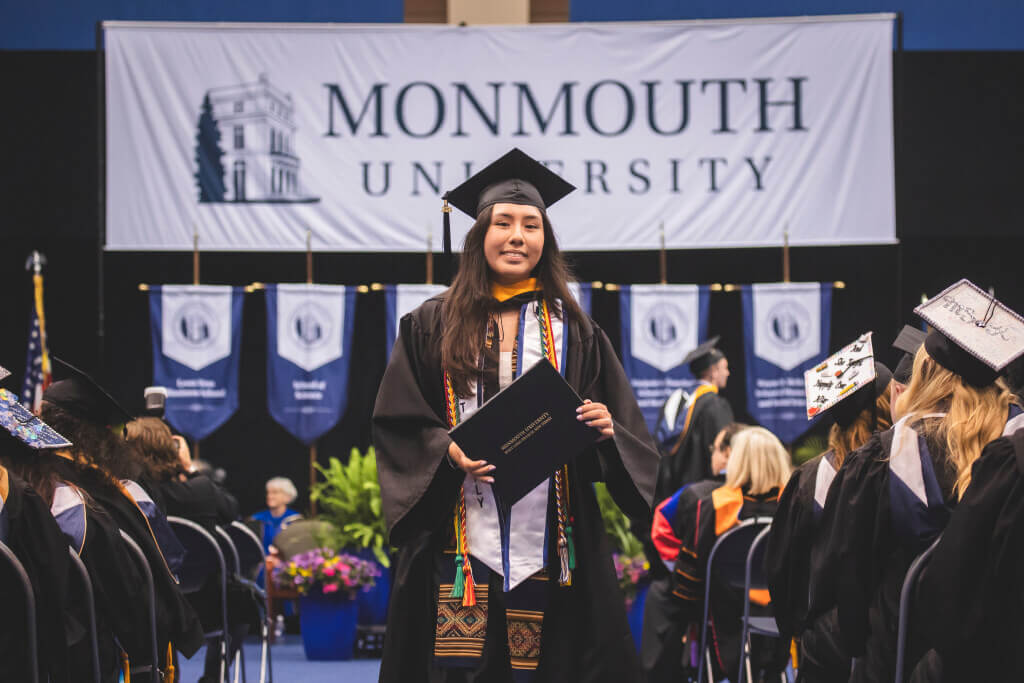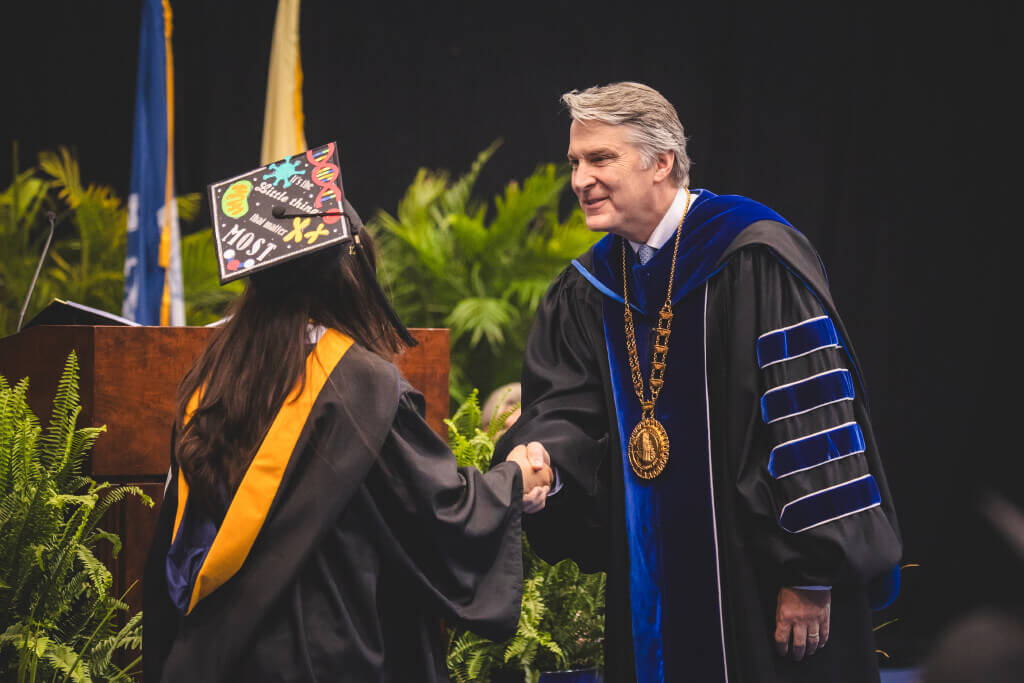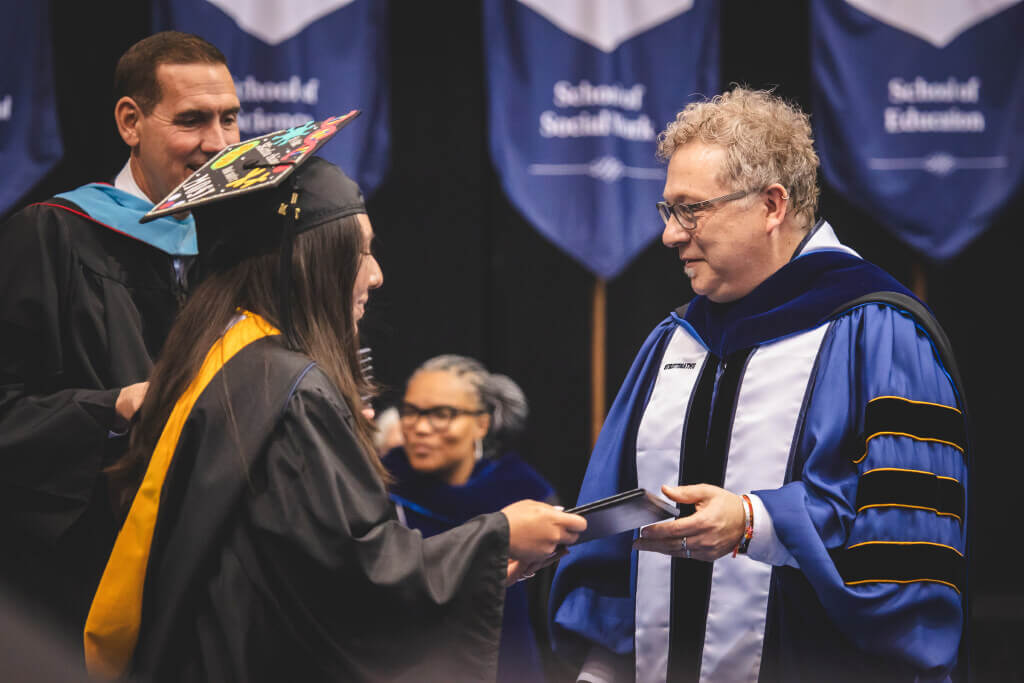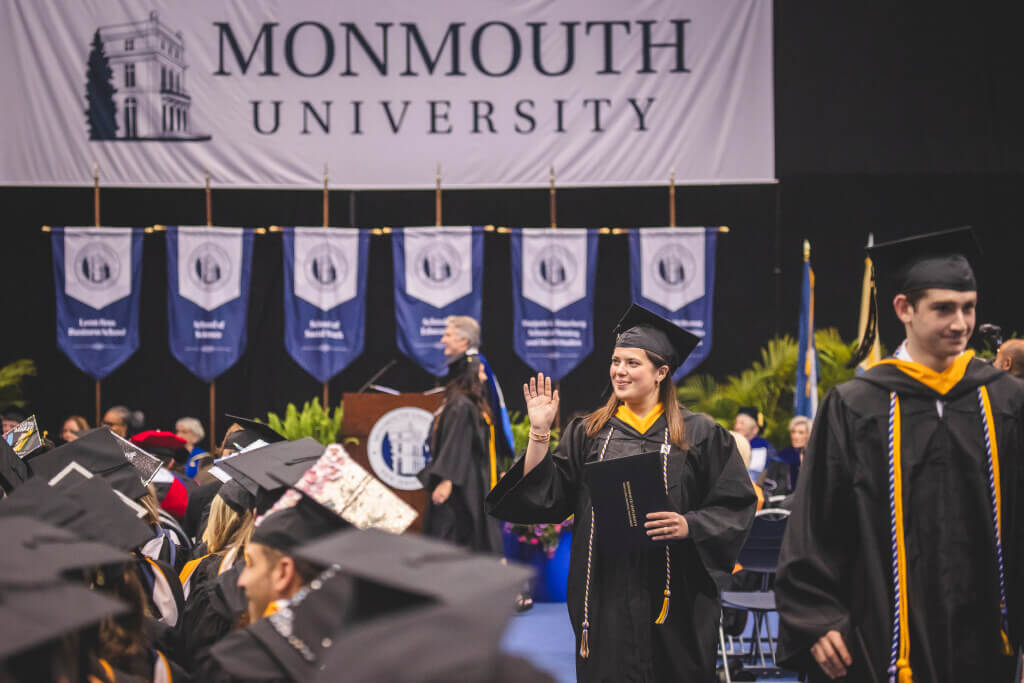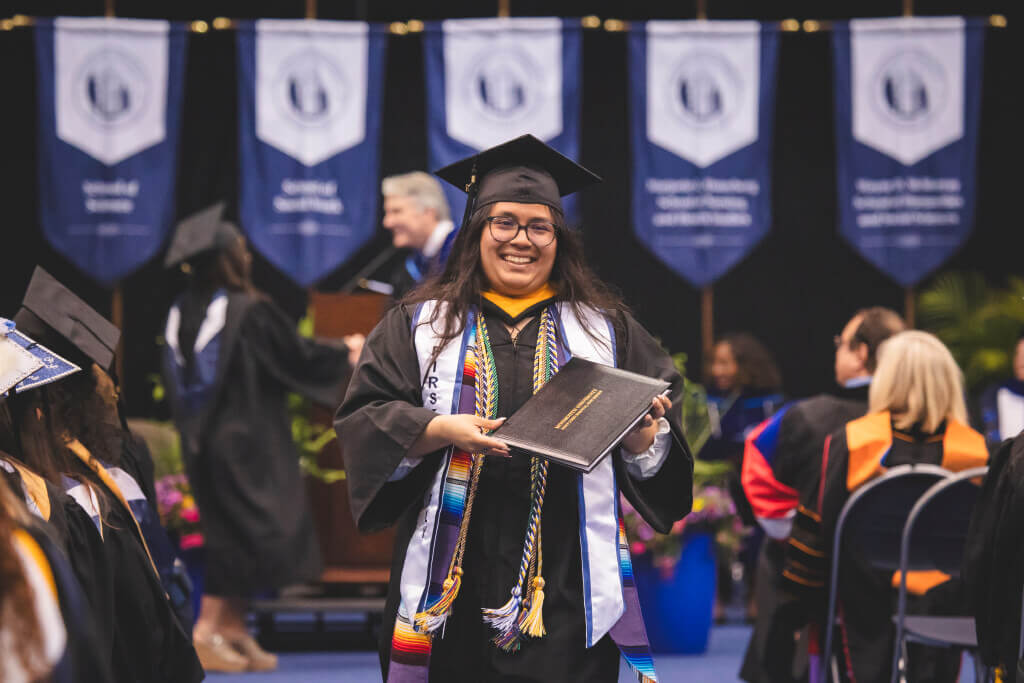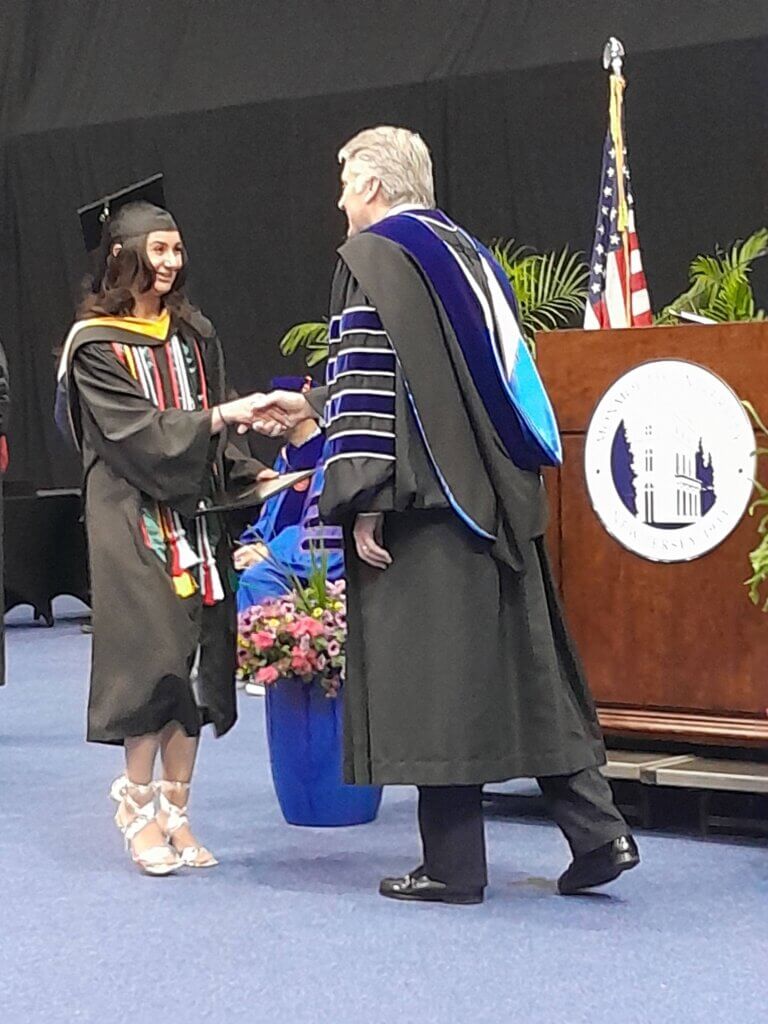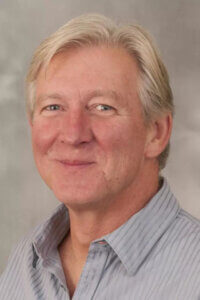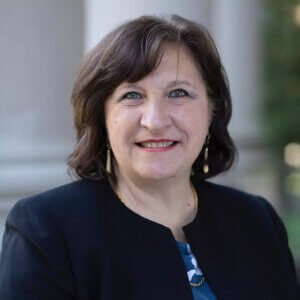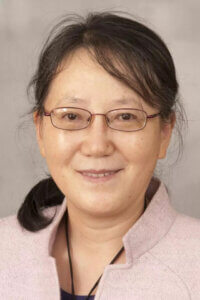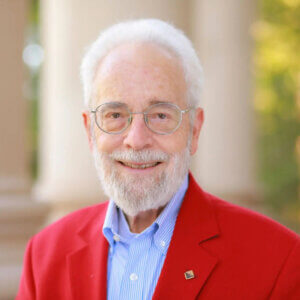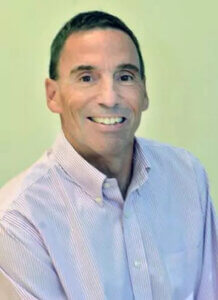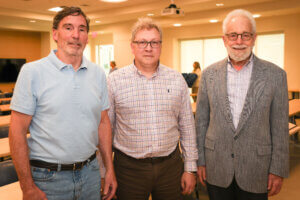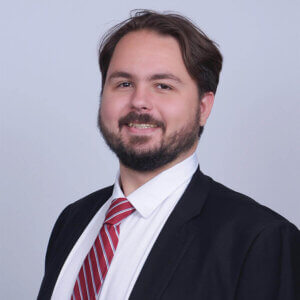
In his own words: I’m the Senior Vice President of Development Operations at Health and Wellness Partners (HWP), a global medical communications agency focused on strategy, science, and outcomes. I lead the technical development side of our work, helping to bring client-facing digital platforms and custom solutions to life. I started my career at Hybrid Healthcare Communications while I was still a student at Monmouth, and over the years moved up into leadership roles: first as VP in 2020, then SVP in 2023. That same year, HWP acquired Hybrid and our team officially became part of the larger agency.
What keeps me excited about this work is just how fast everything moves. We’re always adapting, solving new problems, and finding creative ways to meet client needs. No two days are the same. I’m constantly exploring new tools and technologies, and being an early adopter helps me stay ahead of the curve. It’s a space where curiosity, speed, and execution all matter. That combination keeps me sharp and energized.
My experience at Monmouth gave me a strong foundation, not only in technical skills but also in the soft skills that are essential for leadership and collaboration. I double majored in Software Engineering and Mathematics, which shaped the way I think and approach problems. Outside the classroom, I served as president of the IEEE/ACM student chapter, helped new School of Science students adapt to life at Monmouth as a peer mentor coordinator, and was an active member of Delta Tau Delta fraternity, where I learned the value of brotherhood, responsibility, and community involvement. Those experiences helped me build leadership, teamwork, and communication skills that have been essential throughout my career.If I could go back, I’d challenge myself to take even more initiative. Jump into more side projects, collaborate outside my comfort zone, and get more comfortable with being uncomfortable. Monmouth opened a lot of doors for me, and the people and experiences I found there played a huge role in getting me to where I am today.
